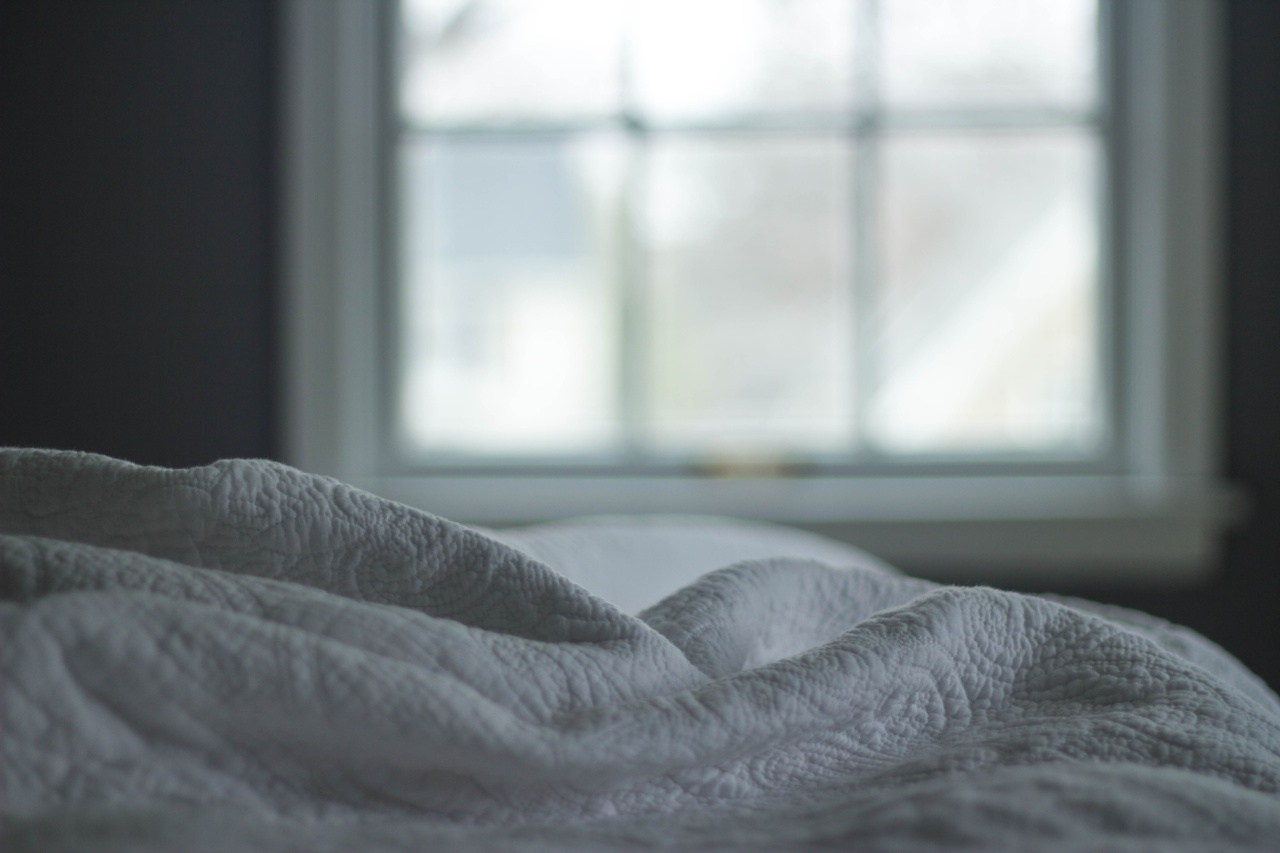Sleep is an essential part of our lives, and the quality and duration of sleep can significantly impact our overall well-being.
Many factors can influence our sleep patterns, including stress levels, diet, exercise, and even the bacteria that inhabit our gut. In recent years, researchers have discovered a fascinating connection between the diversity and composition of bowel bacteria and the quality of our sleep.
The Gut-Brain Axis
The gut-brain axis is a bidirectional communication network connecting the central nervous system and the gastrointestinal tract.
It involves complex interactions between the gut microbiota – the trillions of microorganisms residing in our intestines – and the brain. This axis plays a crucial role in the regulation of various physiological processes, including our sleep-wake cycle.
The Role of Gut Bacteria in Sleep Regulation
Emerging research suggests that specific strains of gut bacteria can influence sleep patterns and duration.
The microbial community in our intestines produces various compounds, such as neurotransmitters and metabolites, that can influence the functioning of the central nervous system.
Bacterial Metabolites and Sleep
One of the essential metabolites produced by gut bacteria is tryptophan, an amino acid precursor for the synthesis of serotonin and melatonin – crucial hormones involved in sleep regulation.
Serotonin promotes wakefulness during the day, while melatonin induces sleep at night.
Studies have shown that individuals with a more diverse gut microbiota have higher levels of tryptophan in their blood, leading to enhanced serotonin and melatonin production.
This increased production of sleep-inducing hormones can improve sleep quality and decrease the time it takes to fall asleep.
Inflammation and Sleep Disorders
Inflammation can disrupt the delicate balance of the gut-brain axis and negatively impact sleep patterns. Some types of gut bacteria can produce harmful metabolites that lead to inflammation, which can interfere with the sleep-wake cycle.
Chronic inflammation has been associated with sleep disorders such as insomnia and sleep apnea. By promoting a healthy gut microbiota, characterized by a balance of beneficial bacteria, we can reduce inflammation and potentially improve sleep quality.
The Gut Microbiota and Circadian Rhythm
The circadian rhythm is our internal clock that regulates various physiological processes, including sleep. Recent studies have shown that disruptions in the gut microbiota can affect the circadian rhythm, leading to sleep disturbances.
Gut bacteria can directly communicate with the body’s master clock – the suprachiasmatic nucleus (SCN) – through various signaling pathways.
Any imbalance in the gut microbiota can disturb this communication and lead to irregular sleep-wake cycles.
The Gut-Brain Axis and Mental Health
Mounting evidence suggests that gut bacteria can also influence mental health conditions, such as anxiety and depression, which are often associated with sleep disturbances.
The gut-brain axis plays a crucial role in the production and regulation of neurotransmitters, including dopamine and gamma-aminobutyric acid (GABA), which are involved in mood and sleep regulation.
A healthy gut microbiota can help maintain optimal neurotransmitter levels, contributing to better mental health and improved sleep patterns.
How to Cultivate a Healthy Gut Microbiota
Building and maintaining a healthy gut microbiota is essential for improving sleep patterns and overall well-being. Here are some tips to cultivate a thriving gut microbial community:.
1. Eat a Balanced Diet
Consume a diverse range of fruits, vegetables, whole grains, and fermented foods like yogurt and kimchi. These foods provide essential nutrients and promote a healthy gut environment.
2. Limit Processed Foods and Added Sugars
Avoid excessive consumption of processed foods and added sugars, as they can negatively impact the diversity and composition of gut bacteria.
3. Stay Hydrated
Drink plenty of water throughout the day to maintain optimal digestive function and support the growth of beneficial bacteria.
4. Get Regular Physical Exercise
Engage in regular physical activity, as exercise has been shown to positively influence gut microbiota diversity and reduce inflammation.
5. Minimize Stress
Chronic stress can disrupt the balance of gut bacteria. Incorporate stress-reducing practices like meditation, deep breathing exercises, or yoga into your daily routine.
6. Consider Probiotics and Prebiotics
Probiotics are beneficial bacteria that can be consumed through supplements or fermented foods. Prebiotics, on the other hand, are non-digestible fibers that feed the existing beneficial bacteria in your gut.
Including both in your diet can help maintain a healthy gut microbiota.
7. Prioritize Sleep
Adopt healthy sleep habits, such as sticking to a regular sleep schedule, creating a conducive sleep environment, and practicing relaxation techniques before bedtime.
Conclusion
The connection between bowel bacteria and sleep patterns highlights the intricate relationship between our gut health and overall well-being.
By nurturing a diverse and balanced gut microbiota, we can positively influence our sleep quality and duration, ultimately leading to improved physical and mental health.































